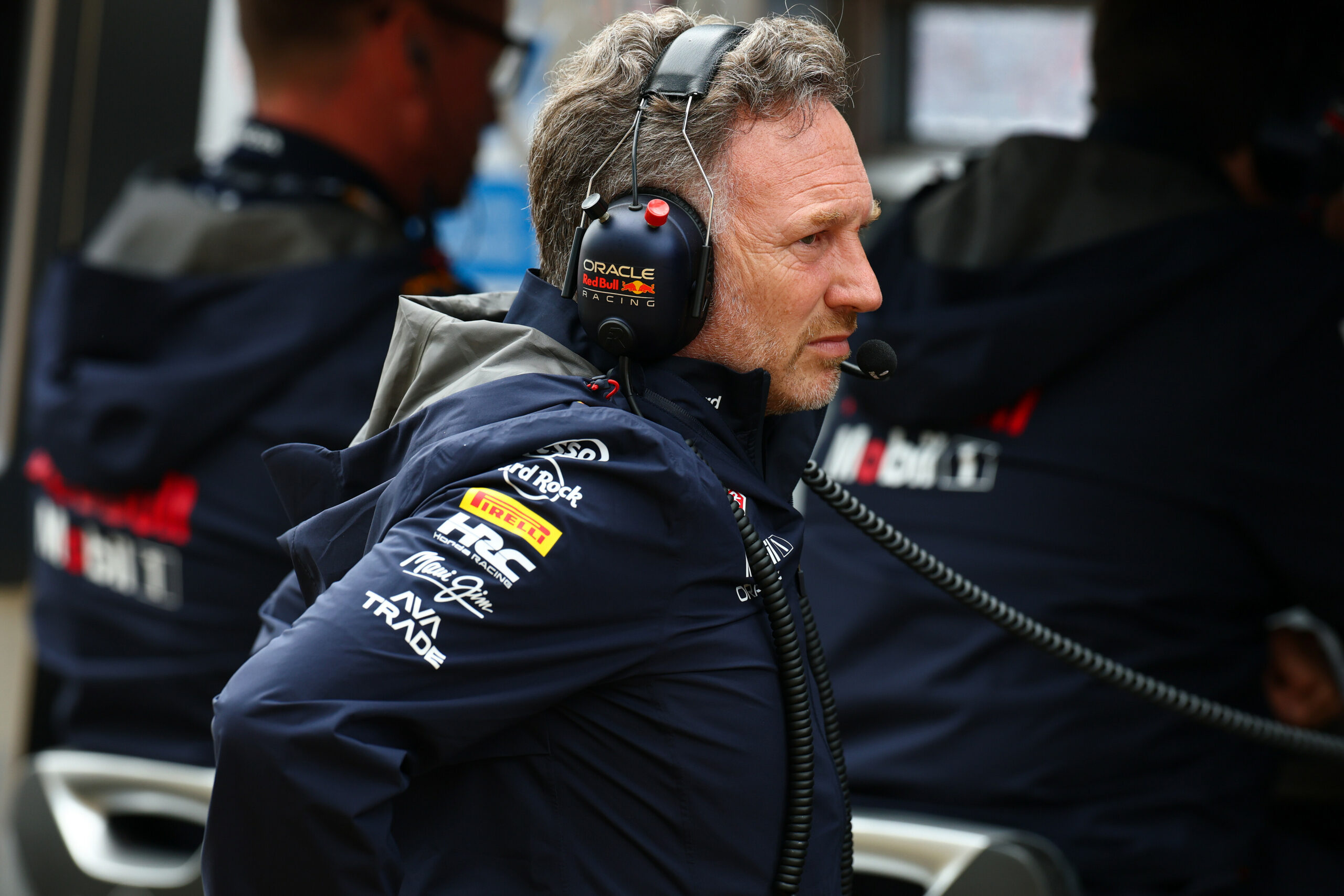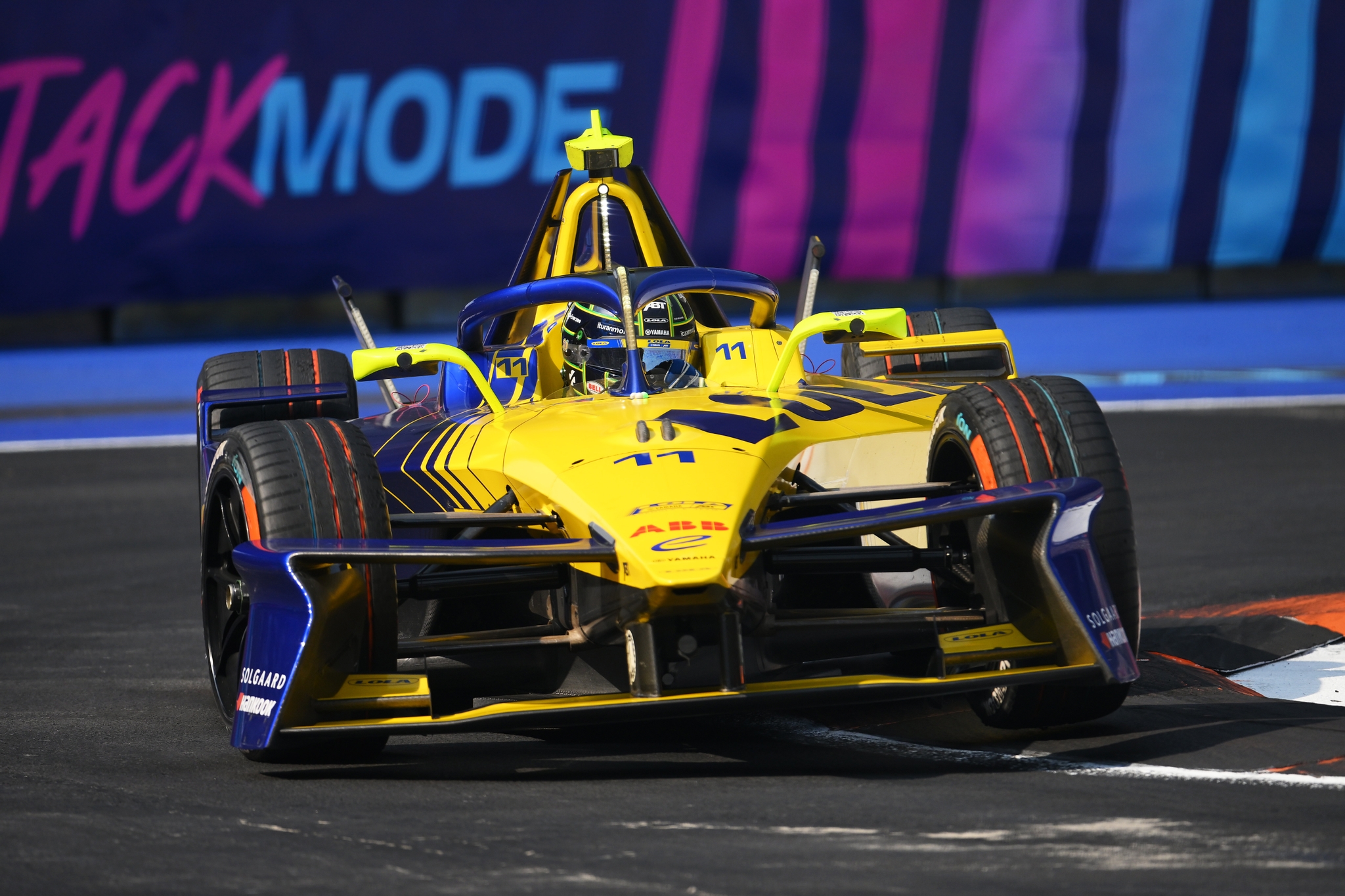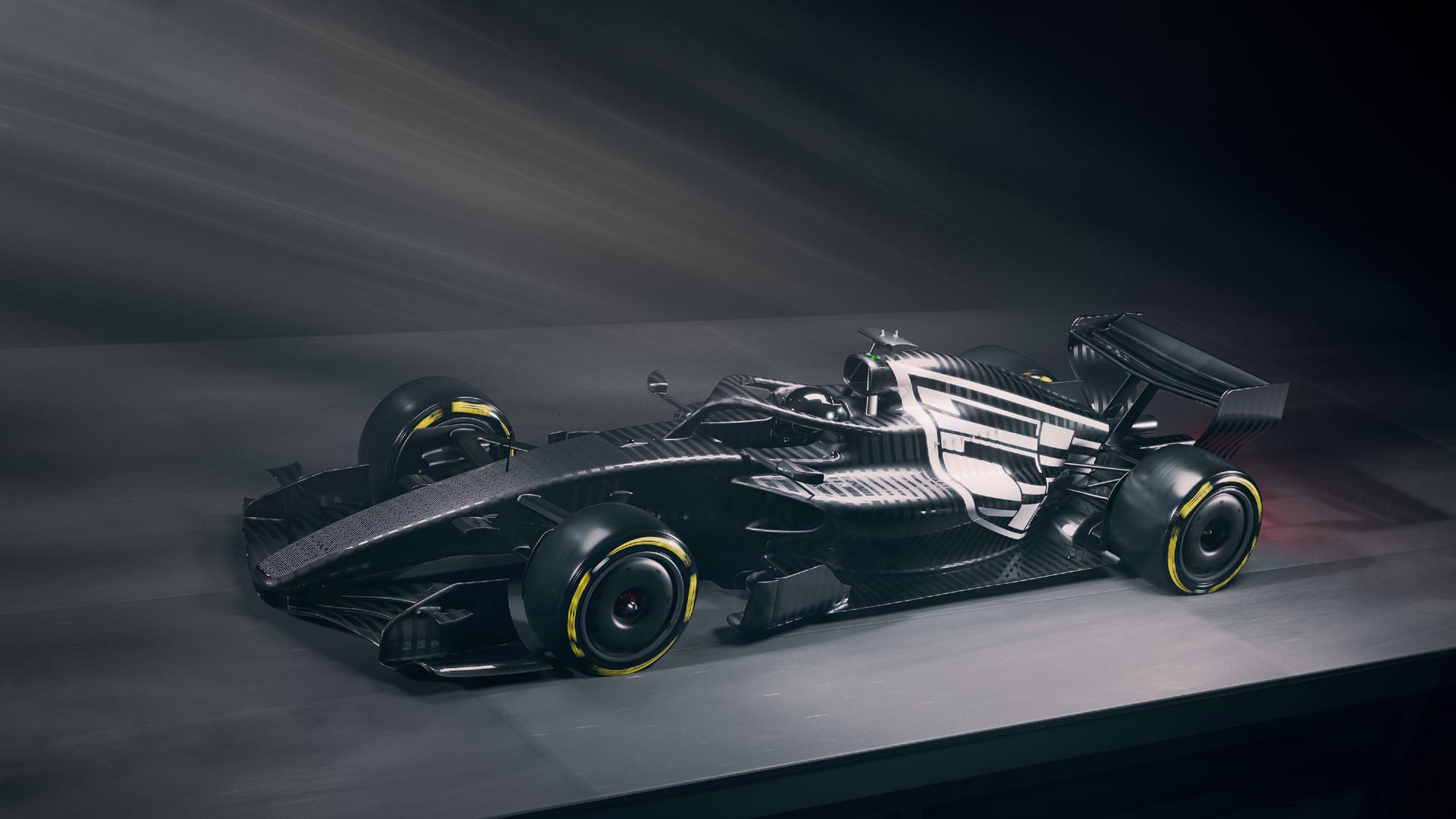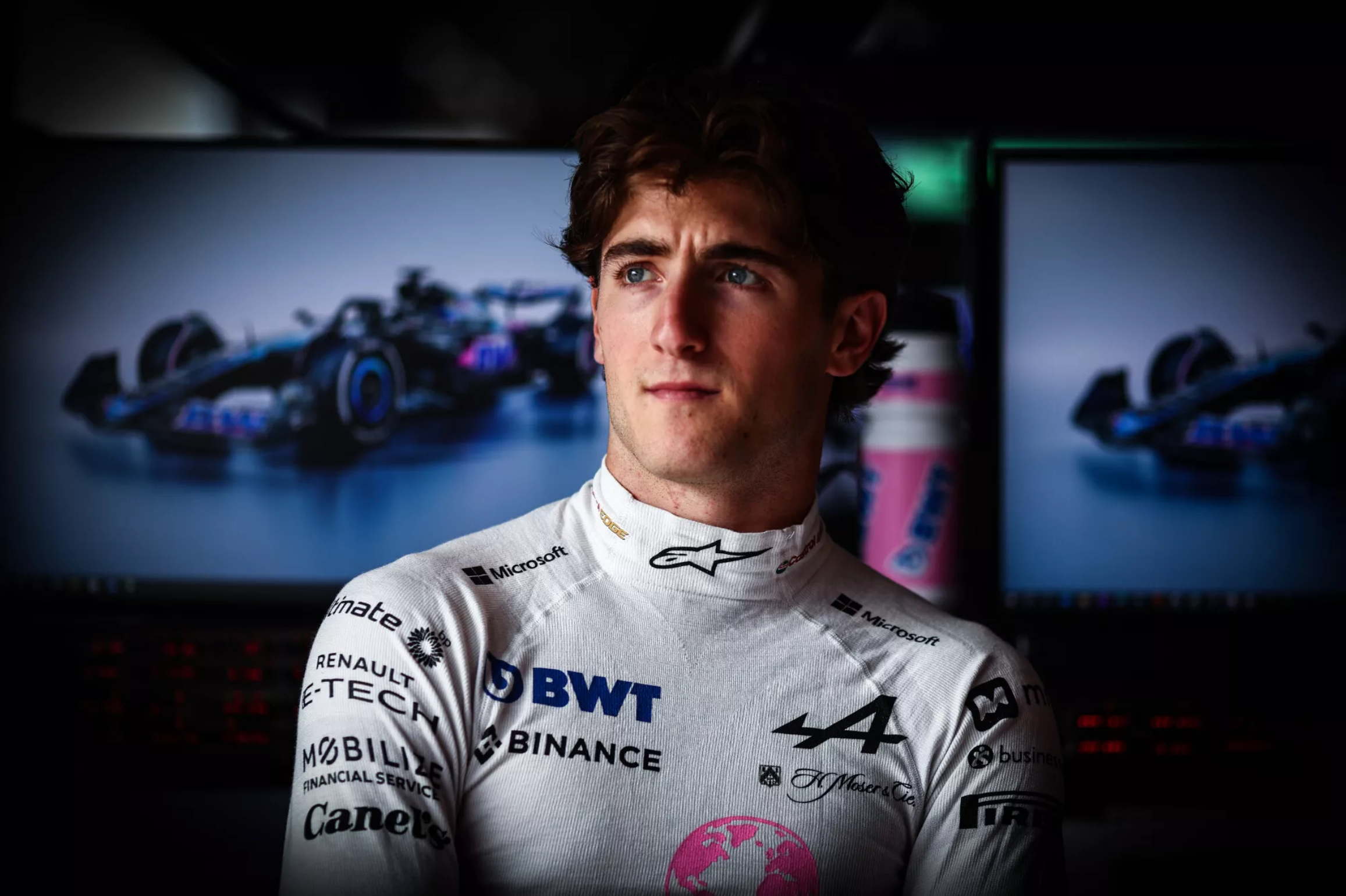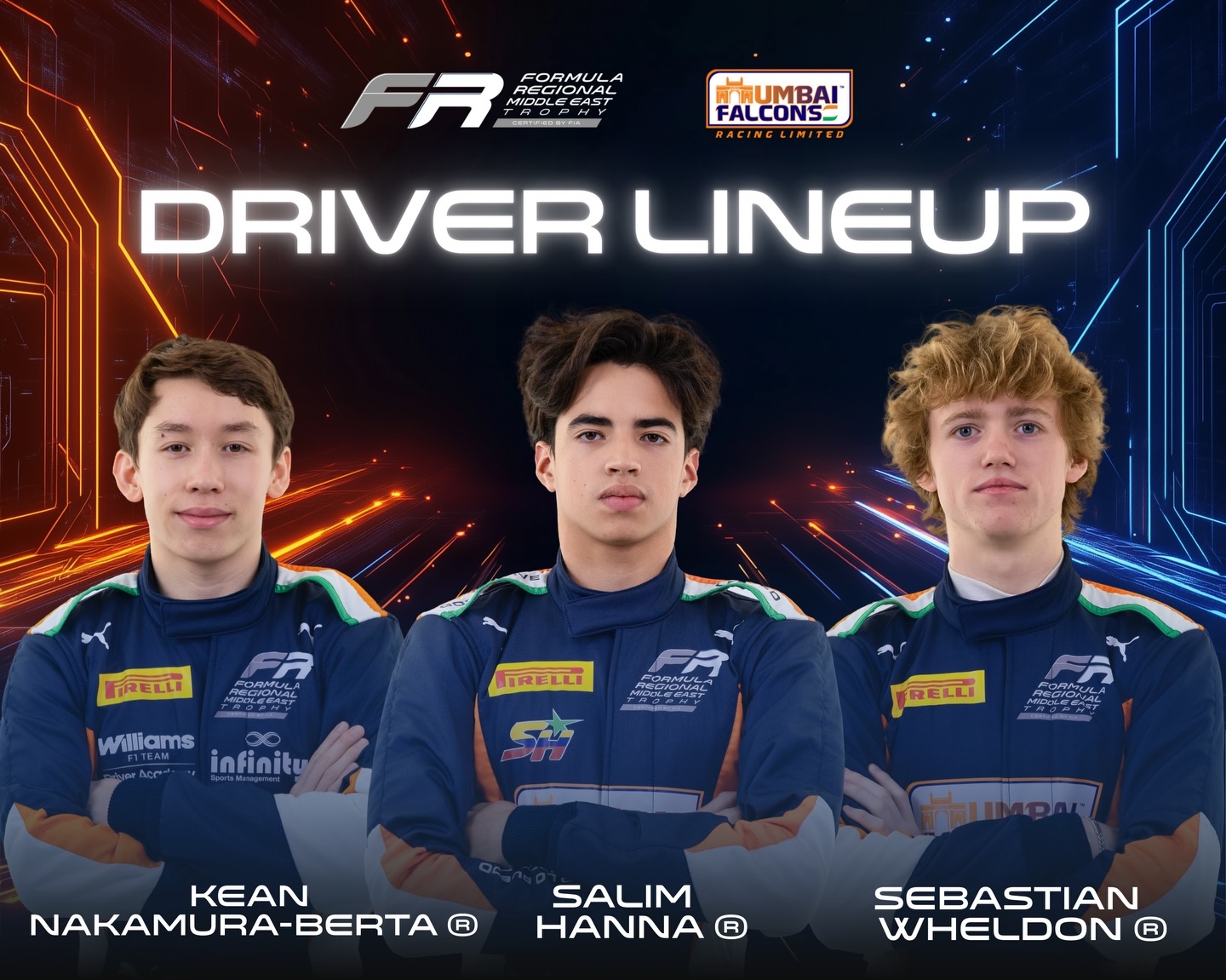In a stunning development, Red Bull Racing has terminated Christian Horner’s position as team principal, ending a partnership that spanned nearly two decades and delivered unprecedented success to the energy drink giant’s motorsport venture.
The dismissal comes at a particularly turbulent time for the Austrian-owned team, which has seen its championship-winning form dramatically decline whilst simultaneously grappling with internal controversies that have cast a shadow over the organisation.
A legacy built on championships
Horner’s departure marks the conclusion of one of Formula One’s most successful leadership tenures in recent memory. Since taking the reins in 2005 as the youngest team principal in the sport’s history, the British executive orchestrated Red Bull’s transformation from ambitious newcomers to championship contenders.
The pinnacle of this success came during the early 2010s, when the team secured an unprecedented four consecutive drivers’ and constructors’ titles between 2010 and 2013, with Sebastian Vettel emerging as the sport’s youngest multiple world champion under Horner’s guidance.
Following a challenging period during the hybrid power unit era, where engine partnerships failed to deliver competitive machinery, Red Bull experienced a remarkable renaissance. The team’s return to championship-winning ways began in 2021 when Max Verstappen claimed his maiden world title in a season-long battle with Lewis Hamilton that captivated global audiences.
This triumph sparked a dominant run that saw Verstappen claim four consecutive championships, bringing Red Bull’s total under Horner’s leadership to eight drivers’ titles.
Storm clouds gathering
However, the team’s recent trajectory has been far from smooth. The 2024 season, despite yielding another drivers’ championship for Verstappen, exposed significant weaknesses in Red Bull’s operation. The team’s slide from championship leaders to fourth in the constructors’ standings highlighted deeper issues within the organisation.
Compounding these on-track difficulties were serious allegations of misconduct levelled against Horner regarding his conduct towards a team member. Whilst an internal investigation cleared him of wrongdoing, the controversy created lasting damage to his standing within the organisation and the wider paddock.
The combination of declining performance and reputational challenges created an untenable situation for Red Bull’s hierarchy, ultimately leading to the decision to part ways with their long-serving team principal.
Restructuring the organisation
The leadership vacuum created by Horner’s departure has prompted significant changes across Red Bull’s Formula One operations. Laurent Mekies, who has been instrumental in developing the Racing Bulls project, will assume the role of CEO and Team Principal at Red Bull Racing with immediate effect.
This promotion represents a significant opportunity for Mekies, who previously held senior positions at Ferrari and has extensive experience in Formula One’s technical and operational aspects.
Reflecting on his transition from Racing Bulls, Mekies said: “The last year and a half has been an absolute privilege to lead the team with Peter. It has been an amazing adventure to contribute to the birth of Racing Bulls together with all our talented people. The spirit of the whole team is incredible, and I strongly believe that this is just the beginning. Alan is the perfect man to take over now and continue our path. He knows the team inside out and has always been an important pillar of our early successes.”
The reshuffling extends to Racing Bulls, where Alan Permane will step up from his current role as Racing Director to become Team Principal. Permane, a veteran of Formula One with extensive experience across multiple teams, brings valuable expertise to the position.
Speaking about his appointment, Permane expressed his enthusiasm: “I feel very honoured to take on the role as Team Principal and would like to thank Oliver and Helmut for the trust they have shown in me. I am looking forward to working with Peter to continue the good work that both him and Laurent have done in taking this team forward. This is a new challenge for me, but I know that I can count on the support of everyone within them.”
Uncertain future for star driver
Perhaps the most significant concern for Red Bull supporters is the potential impact on Max Verstappen’s future with the team. The Dutch driver’s relationship with Horner was reportedly strong, and the team principal’s departure could influence his long-term commitment to the project.
With Mercedes and other top teams reportedly monitoring the situation closely, Red Bull faces the daunting prospect of potentially losing their championship-winning driver just as they attempt to rebuild their organisational structure.
The timing of these developments, occurring during a period of reduced competitiveness, presents Red Bull with their greatest challenge since entering Formula One two decades ago.
The end of an era
Horner’s dismissal represents more than just a change in leadership; it signals the end of an era that defined Red Bull’s identity in Formula One. His ability to build a championship-winning culture from scratch, navigate complex political landscapes, and maintain competitive excellence over extended periods established him as one of the sport’s most effective team principals.
As Red Bull embarks on this new chapter, the organisation must prove that its success was not solely dependent on one individual’s leadership. The coming months will be crucial in determining whether the team can maintain its competitive edge whilst rebuilding its internal structure and culture.
The Formula One paddock will be watching closely to see how this dramatic change unfolds, with the potential ramifications extending far beyond Red Bull’s immediate future.

